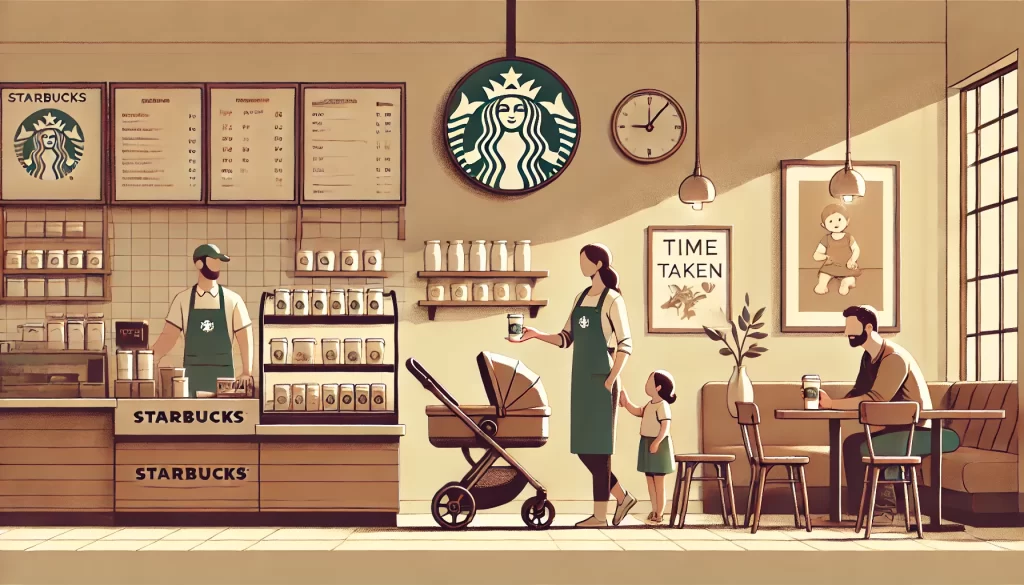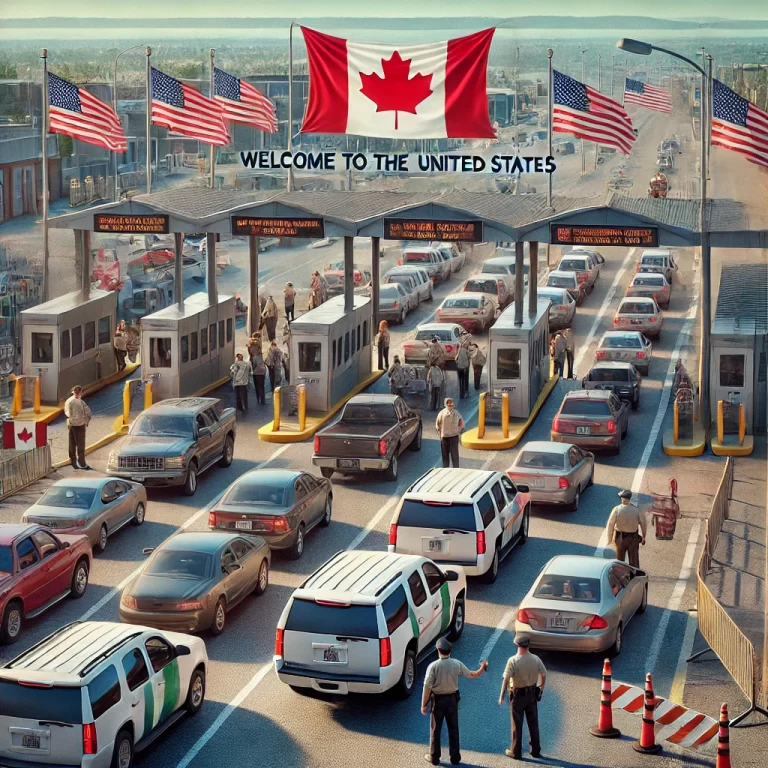
In recent news, Starbucks has announced a new paid leave policy for parents, marking a significant shift in its approach to supporting employees with family responsibilities. While the move has been applauded by many, it also raises questions about why it took a company of Starbucks’ size and stature so long to implement such a basic benefit.
Founded in 1971, Starbucks has grown to become one of the largest coffee chains in the world, often positioning itself as a progressive employer. It has boasted about offering benefits like healthcare for part-time employees, college tuition assistance, and stock options. Yet, the glaring absence of comprehensive paid parental leave until now highlights a disconnect between the company’s image and the reality faced by its workers for decades.
The new policy, while celebrated, feels overdue. Parents who have worked tirelessly behind the counters of Starbucks locations for years have had to juggle the demands of raising children without the crucial financial and emotional support that paid leave provides. This delay begs the question: why has it taken over half a century for Starbucks to recognize the importance of supporting working parents?
A Broader Reflection on Corporate Priorities
Starbucks’ decision to finally introduce paid parental leave can be viewed as part of a larger conversation about corporate priorities and values. For decades, critics have pointed out that companies often prioritize shareholder profits and executive compensation over the well-being of their employees. In Starbucks’ case, the delay in adopting a parental leave policy underscores a pattern seen across many corporations: implementing worker-centric policies only when they align with public relations goals or external pressures.
This new initiative comes at a time when consumer awareness around corporate responsibility is growing. Younger generations are demanding more from the brands they support, pushing for transparency, ethical practices, and equitable treatment of workers. The timing of Starbucks’ move suggests it might be less about genuine care for employees and more about maintaining its image in an increasingly competitive and socially conscious market.
Is It Enough?
While the introduction of paid parental leave is undoubtedly a step in the right direction, one must ask whether it goes far enough. Does this policy reflect a real shift in Starbucks’ corporate culture, or is it a calculated effort to keep pace with other companies and societal expectations? Moreover, will this new policy extend equally to all employees, or will it follow the pattern of past benefits at Starbucks, which have sometimes been tiered to favor corporate staff over frontline workers?
A Question for Reflection
Is Starbucks’ new parental leave policy a sign of genuine progress, or does it exemplify the way corporations only address worker needs when it benefits their public image? How might this shift reflect the broader dynamics of corporate greed versus responsibility?
This policy might bring hope for many employees, but it also challenges us to question the motivations behind corporate decisions and whether they truly serve the people they claim to support.




